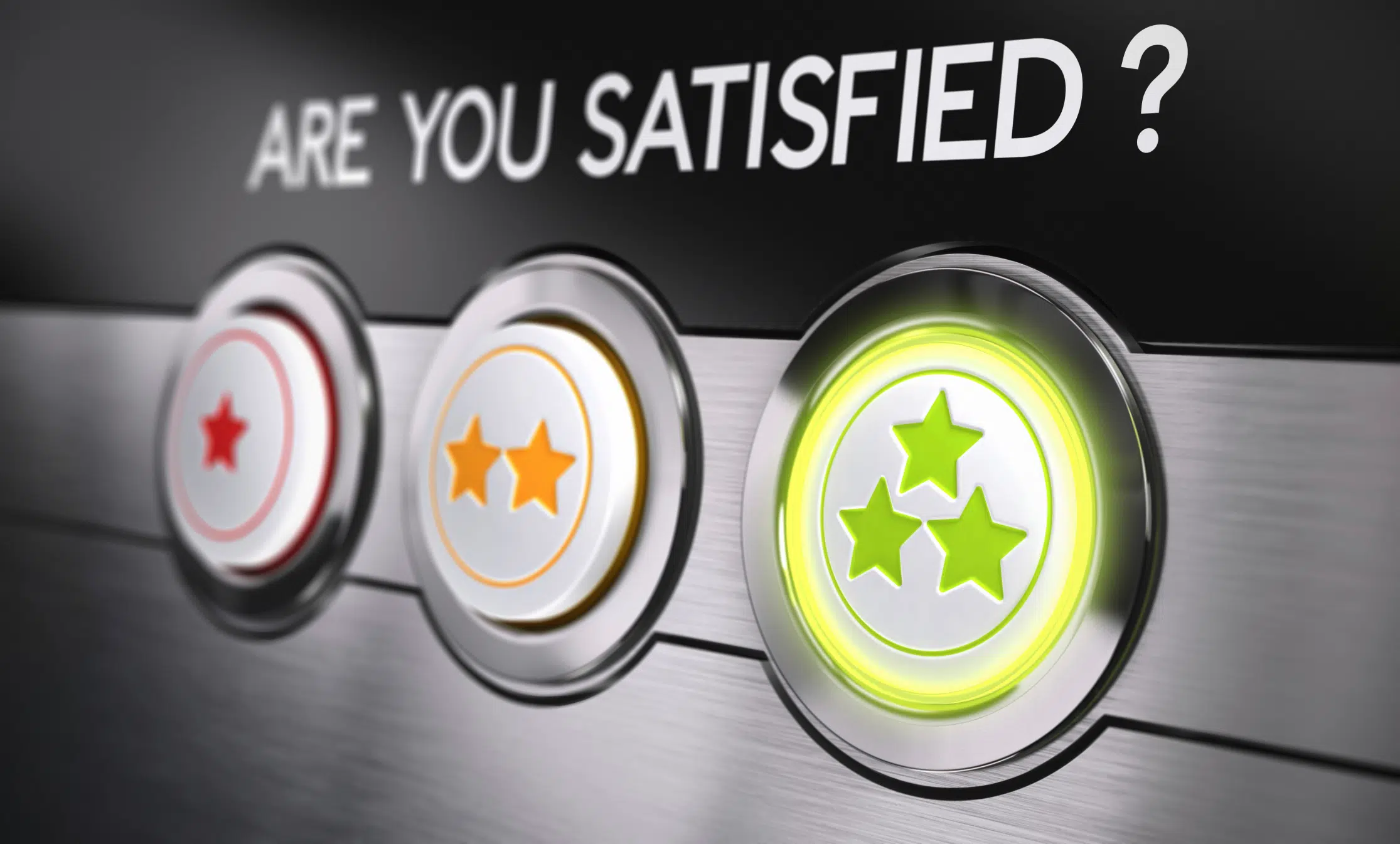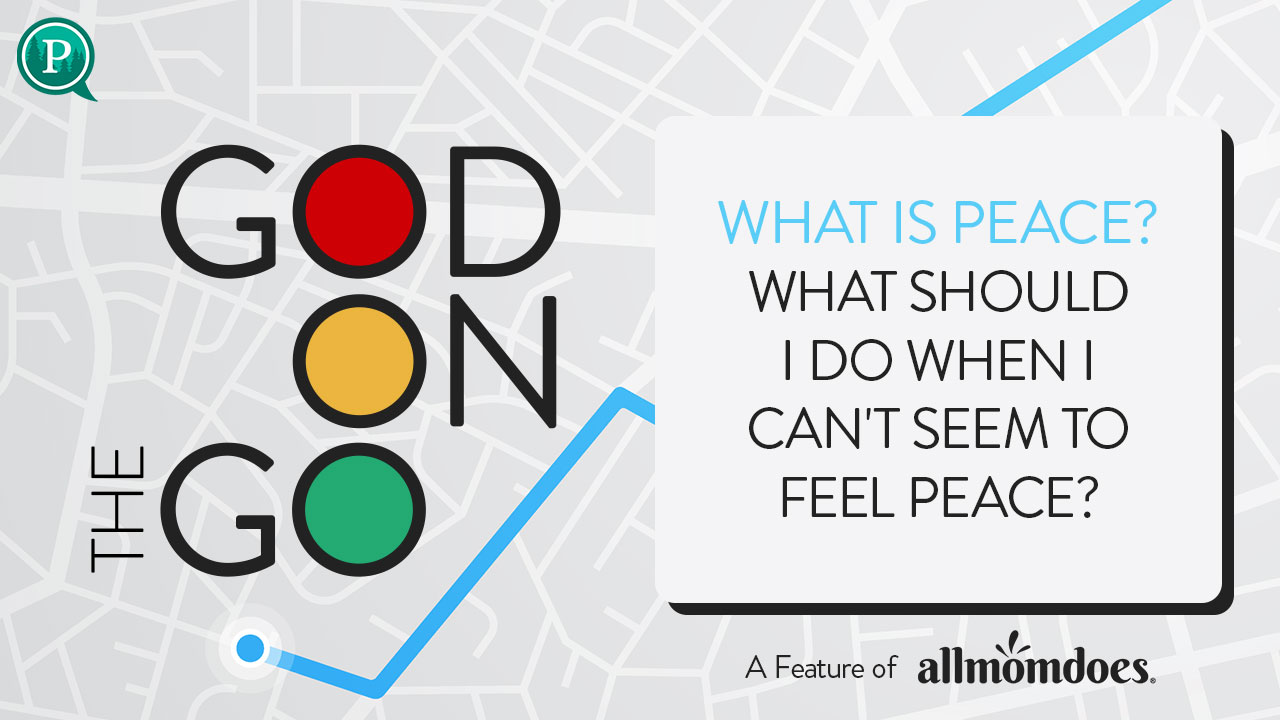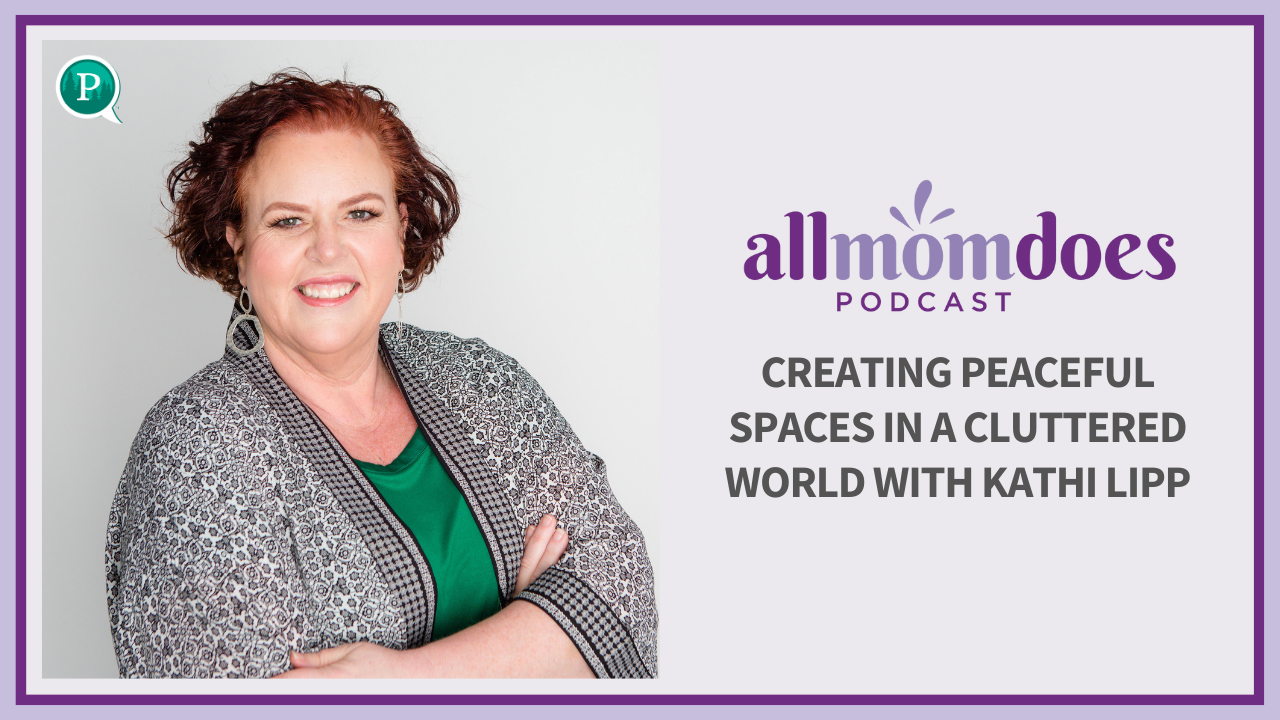I can see it so clearly in my oldest daughter—that constant yearning and wanting and always needing something more. No sooner does she get what she wants than she is on to the next thing, constantly pining for something else that is just out of reach. Sometimes it feels like she is incapable of just enjoying the moment she is in, of appreciating what she has instead of worrying about what she is missing out on. Her insatiable need for more scares me sometimes.
And yet.
How often am I guilty of the very same thing, pining over my husband’s menu choice at a fancy restaurant, insisting that I have nothing to wear when in fact I have a closet full of clothes, perusing enviously on Facebook wondering why everyone else’s life seems so much more exciting than mine.
When will I be satisfied?
Our children are so often an honest reflection of ourselves, and I know that the discontentment I fear in my daughter is fully present in my own day-to-day life. I far too often find myself getting caught in the pursuit of wanting something new, in the trap of thinking there is better than here, of telling myself the reason I’m not satisfied is that I don’t have X or I haven ‘t achieved Y. They are the familiar likes that creep back over and over again.
I don’t think I’m alone. These are the same lies we must all fight back against. Defeating the lies is a conscious decision, one that requires daily effort and persistence and grace. This is a battle we have to win on purpose; we must choose contentment.
I have to admit that sometimes if feels like the world is just one big magazine ad, conspiring to tell us that whatever we don’t have is exactly that thing we need to be happy or successful. At times it feels impossible to escape the pressure to have more, do more, or be more. Much of that message involves filling our lives with things, promoting the idea that stuff will make us happy. Sometimes it is just a motivational message, simply telling us we should BE better. In any case, the idea that what we have and who we are is enough is rarely—if ever—promoted. Contentment just doesn’t sell.
The only real solution is to change the message to our brain. That starts by realizing our priorities. If we aren’t perfectly clear about what is most important in our lives, it is easy to be swayed by anything that comes our way. Without a precise road map to guide us in knowing exactly what matters most of all, it is nearly impossible to combat the idea that something new is somehow better than what we already have.
But what would happen if we took the time to actually write down our current priorities? How would our perspectives change if we took just a few moments to determine what it is we want most out of life? Would our lists include having bigger houses, better clothes, nicer cars, or the latest gadgets? Do our highest aspirations really include having more things?
What would happen if we took it one step further and asked ourselves this question: If I were to die tomorrow, what would people remember me for?
I don’t know about you, but I sure don’t want my friends and family to remember me for my pretty shoes or my fancy car.
The Bible tells us to store up treasures in heaven, for where our treasure is, there our heart will be also. Remembering our end goal makes it a whole lot easier to set our priorities and determine what matters most.
It is so easy to get entangled in the trap of wanting what we see around us. In fact, just a few minutes scrolling through Pinterest will reveal just how much we don’t have. It takes real effort to actively long for the intangible and to truly want something we can’t see or touch or feel. But when we begin to look at our life in terms of eternity—even if just for a few minutes—instead of what we want right now, having more clothes or a bigger house or a prettier kitchen suddenly doesn’t seem quite so important.

















